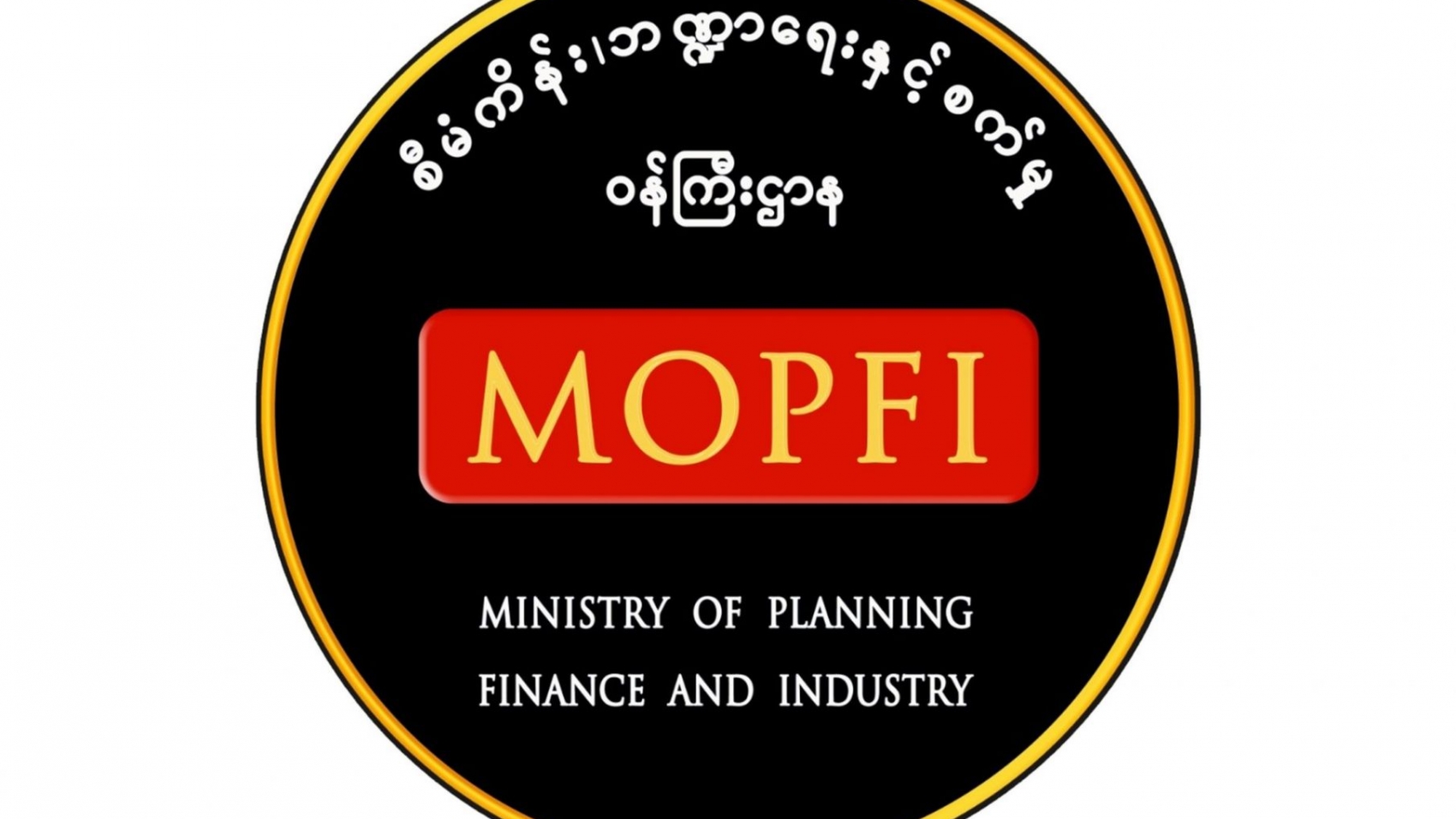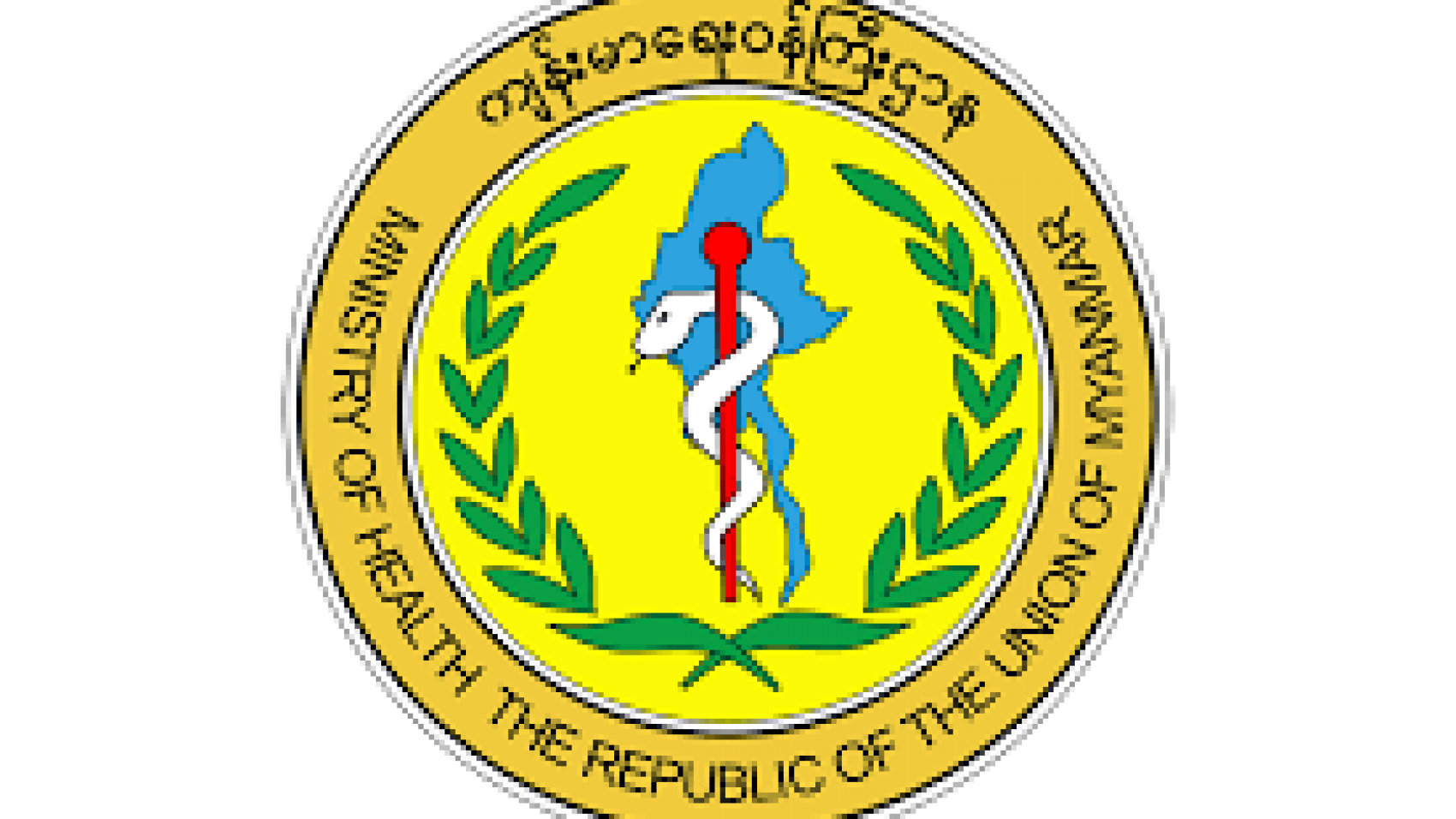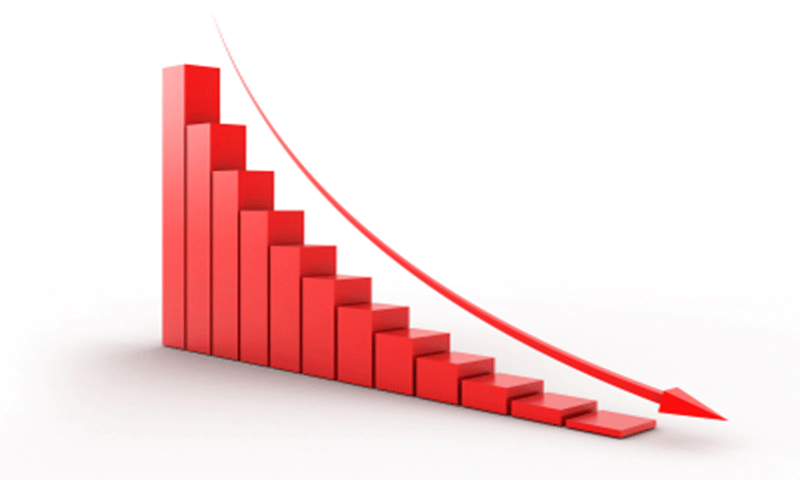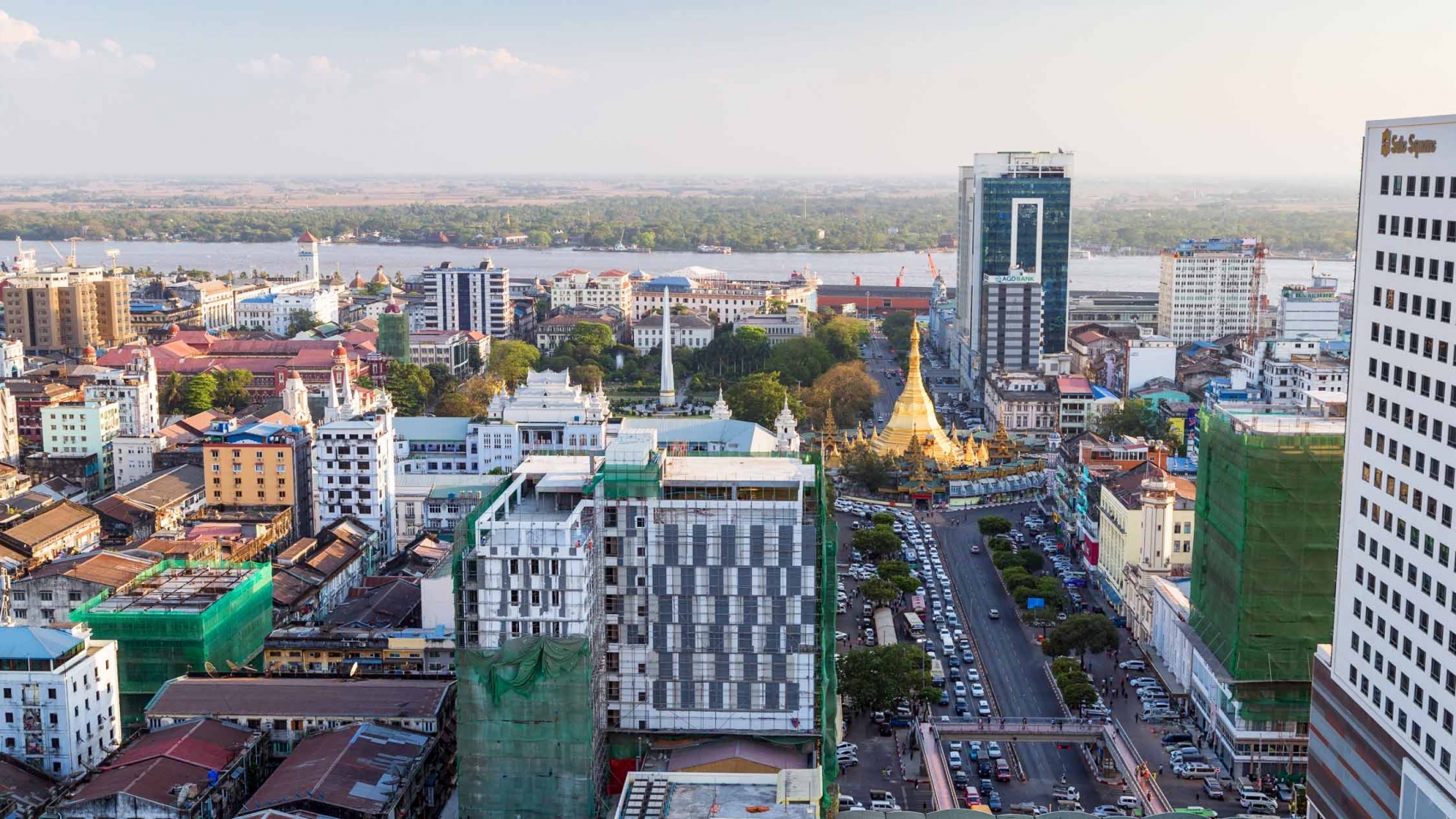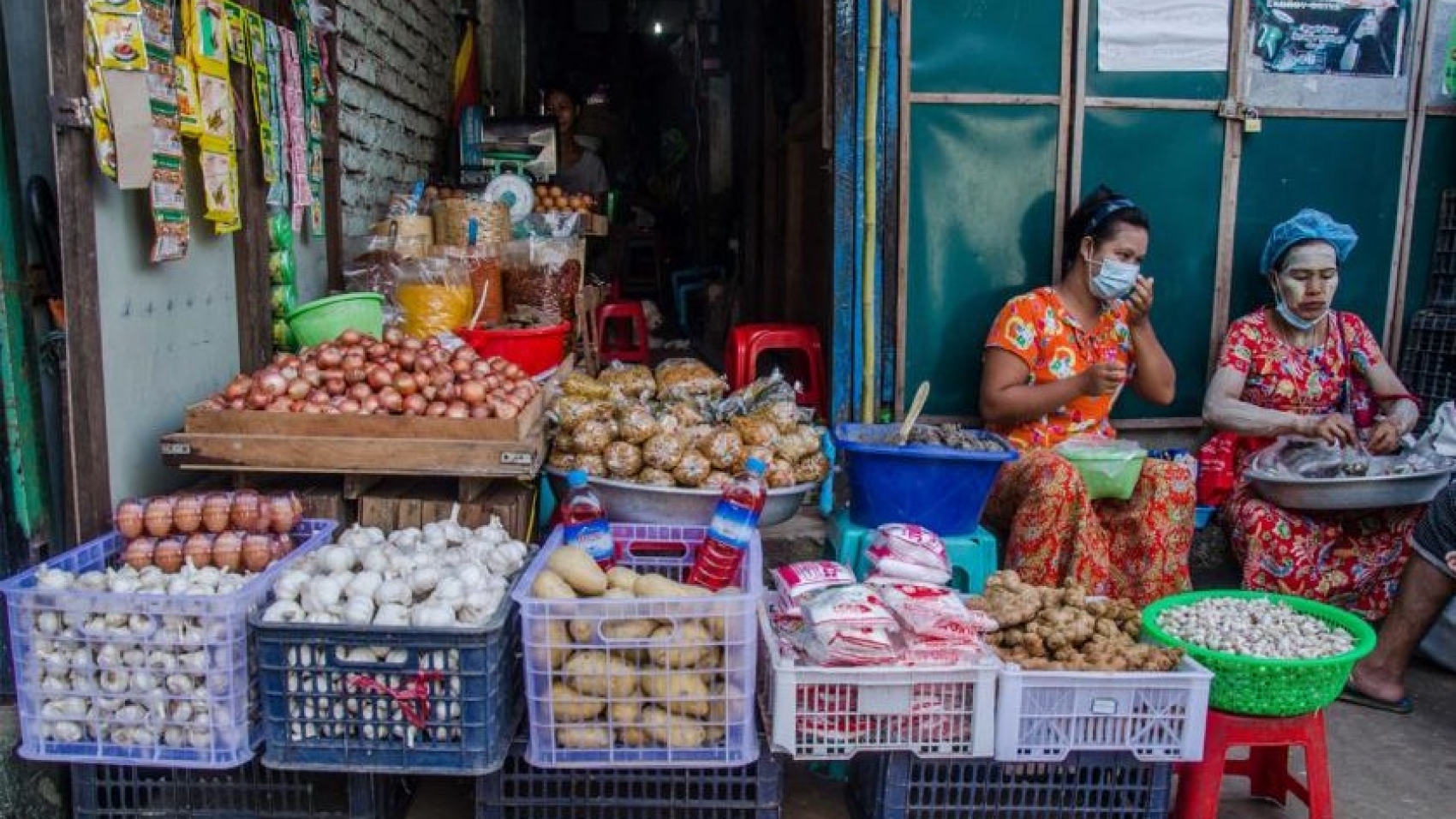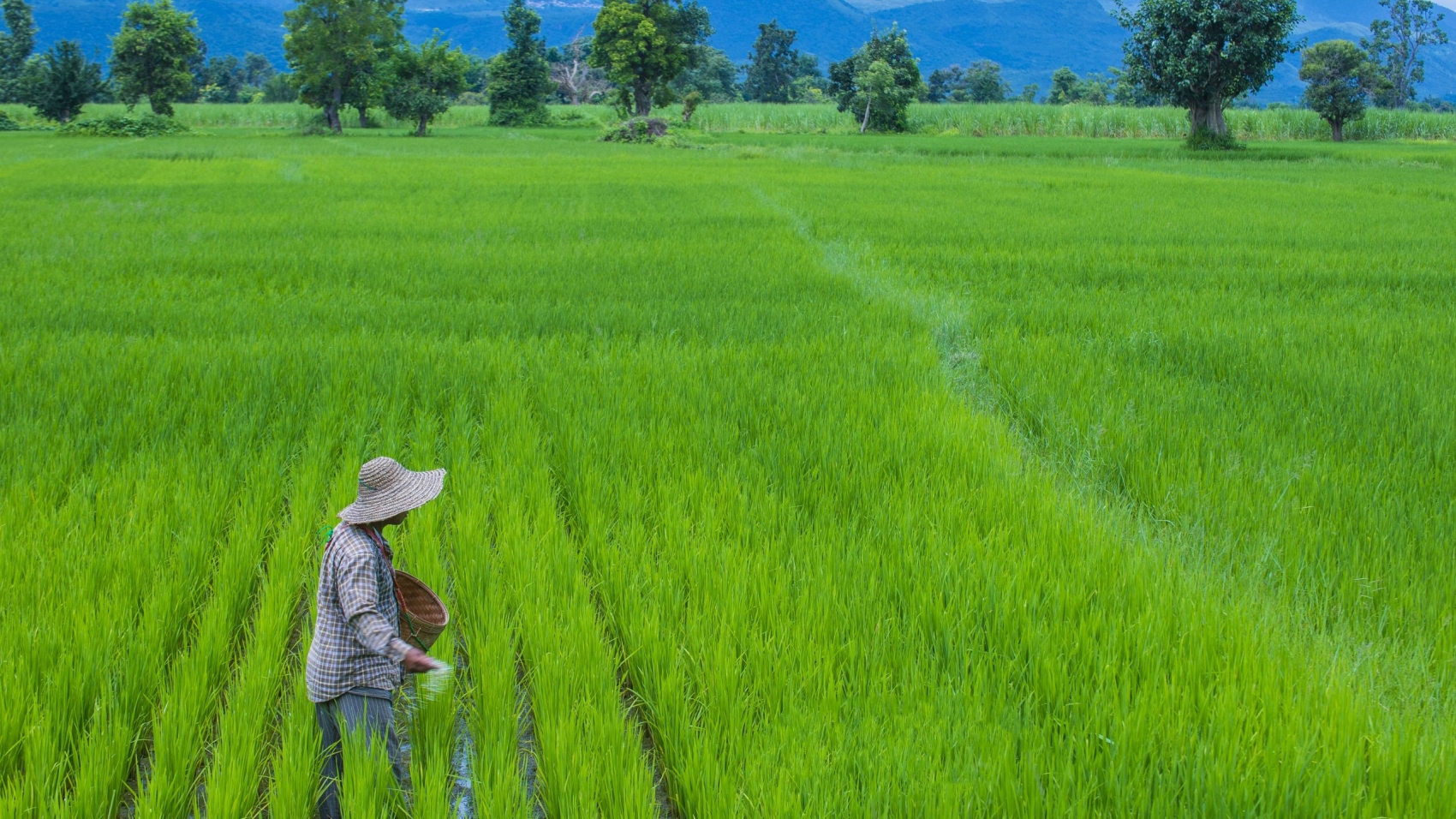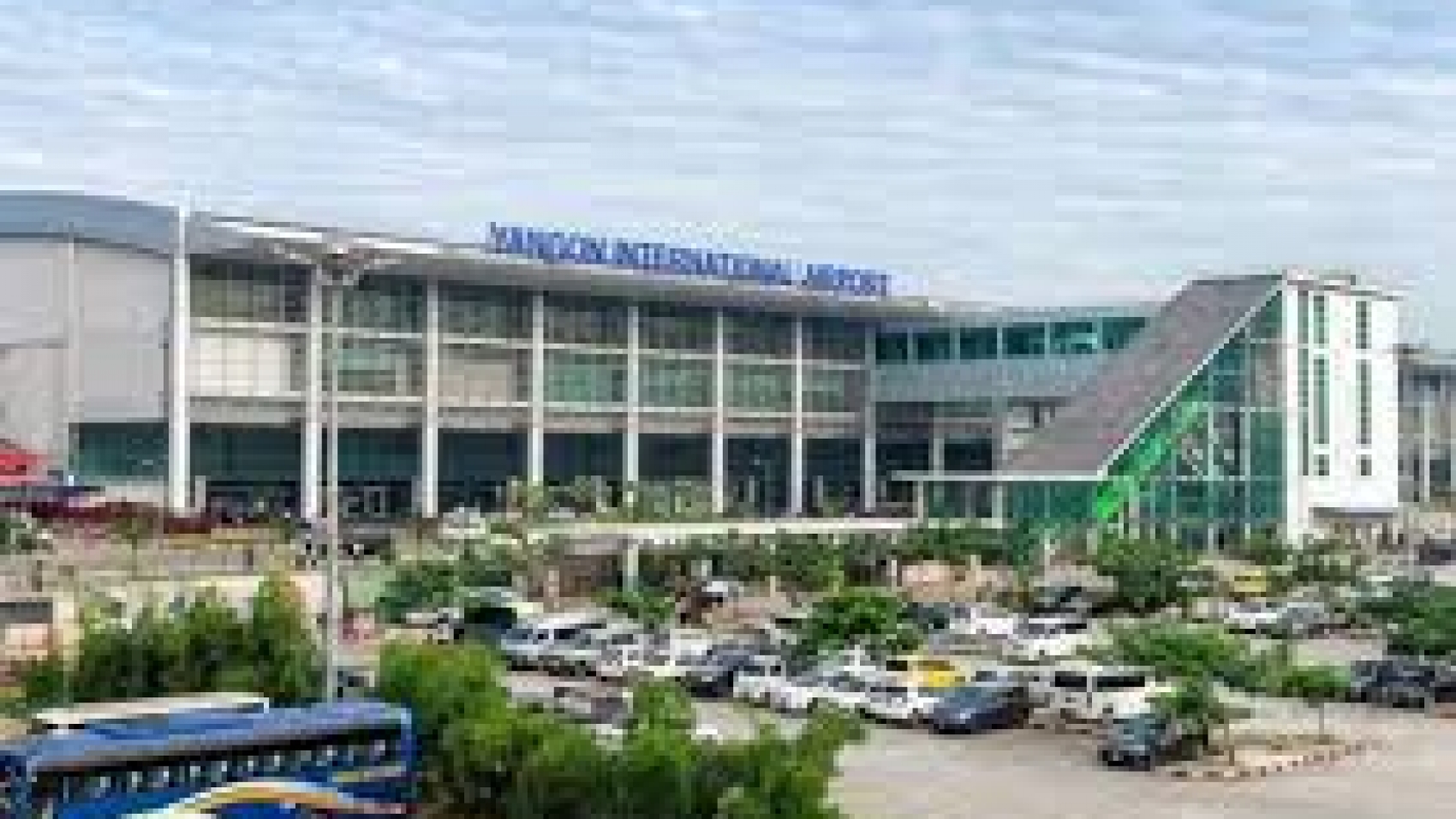Republic of the Union of Myanmar
Ministry of Planning, Finance and Industry
Notification 6/2020
1st Waning of Nadaw, 1382 ME
30 December 2020
Nay Pyi Taw
1. In accordance with the directives of the National-Level Central Committee on Prevention, Control and Treatment of Coronavirus Disease 2019 (COVID-19), the Ministry of Planning, Finance and Industry will continue the government’s tax relaxation scheme until the end of January 2021.
2. Regarding income taxes levied once in three months and monthly commercial taxes to be paid by CMP businesses, hotel and tourism businesses, and small and medium-sized enterprises for 2019-2020 Financial Year and 2020-2021 Financial Year—
(a) The income taxes for the second quarter of the 2019-2020 Financial Year (which will end on 31 March 2020), for the third quarter of the Financial Year (which will end on 30 June 2020), and for the fourth quarter of the Financial Year (which will end on 30 September 2020) and for the first quarter of the 2020-2021 financial year (which wil end on 31 December 2020) shall be paid until 31 January 2021.
(b) The monthly commercial taxes for the period from 31 March in 2019-2020 Financial Year to 31 December in 2020- 2021 Financial Year shall be paid until 31 January 2021.
3. The 2 per cent advance income tax in export items approved by the Union Government will be exempted until 31 January 2021.
Source: The Global New Light of Myanmar

